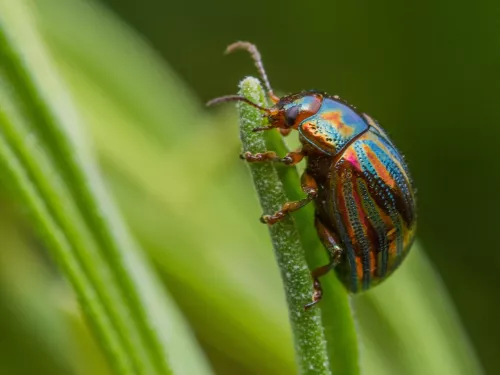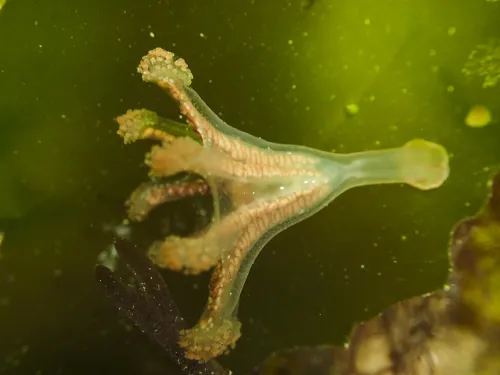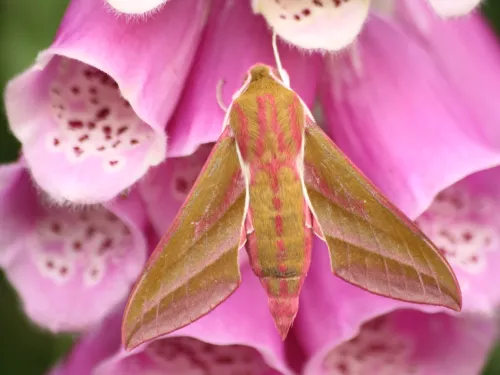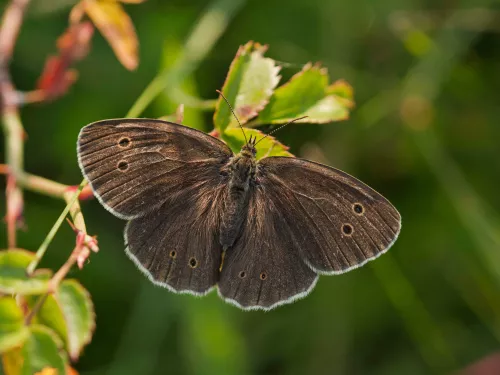
Thousands join epic mission to measure the health of insect populations across the UK and Ireland
Since May, an army of citizen scientists has been embarking on a unique mission - counting bug splats on car number plates to help monitor the health of the UK and republic of Ireland’s insect populations.






